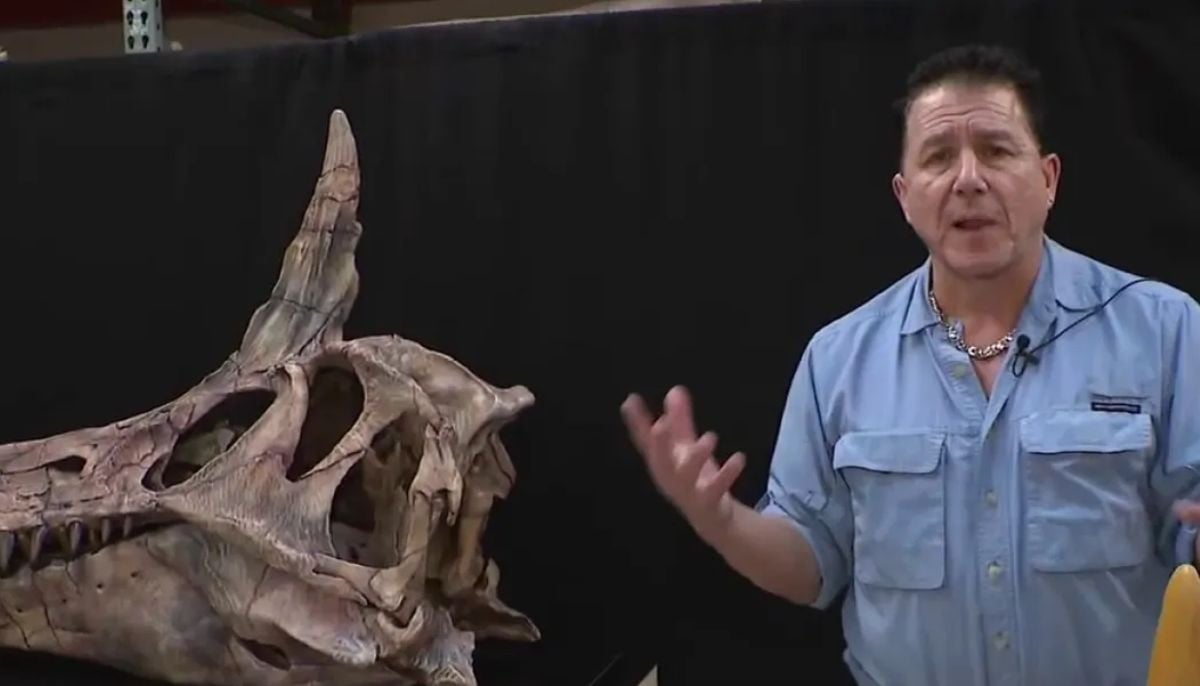Australian Senate backs social media ban for children
Australia plans to trial an age-verification system that may include biometrics or government identification
An Australian Senate committee has endorsed a proposed law to prohibit social media use for children under 16 but recommended against platforms requiring sensitive personal data, such as passports or digital IDs, for age verification, Reuters reported
The legislation, supported by Prime Minister Anthony Albanese's Labour government and the opposition Liberal Party, aims to introduce stringent controls on social media usage. If passed, Australia would trial a comprehensive age-verification system potentially involving biometrics or government-issued IDs. These measures, among the strictest globally, are intended to ensure compliance with the new rules.
In its report, the Senate's Environment and Communications Legislation Committee called for alternatives to invasive age-assurance methods and urged the government to consider the outcomes of an age-verification trial, with a progress report due by September 2025. The committee also stressed the importance of involving young people, particularly marginalised groups, in shaping the law to ensure effective implementation and positive alternatives for youth engagement.
Committee Chair Senator Karen Grogan stated, "Young people must be at the centre of this conversation to ensure pathways for connection are maintained as these restrictions are introduced."
The government has been criticised by independent lawmakers for fast-tracking the bill, introduced just last week. Critics noted the brief timeline for consultation, with submissions closing last Friday and a single hearing held on Monday.
Major tech firms, including Google, Meta, TikTok, and X (formerly Twitter), expressed concerns about the bill. Google and Meta called for delaying the ban until the trial concludes, TikTok advocated for further consultation, and X warned the law could infringe on children's rights.
Under the proposed legislation, platforms would face fines of up to A$49.5 million ($32 million) for systemic violations if age-verification protections are not adequately implemented.
-
Climate change vs Nature: Is world near a potential ecological tipping point?
-
125-million-year-old dinosaur with never-before-seen spikes stuns scientists in China
-
Scientists stunned as shark appears for first time in Antarctic Southern Ocean waters
-
New study suggests universe can end in ‘Big Crunch’ in 20bn years
-
Hidden Venus: New data discovers massive underground Lava Tube
-
‘Earth is defenseless against city-killer asteroids’: NASA issues stark warning
-
Annular solar eclipse 2026: Where and when to see the ‘Ring of fire’
-
Bright green comet C/2024 E1 nears closest approach before leaving solar system












